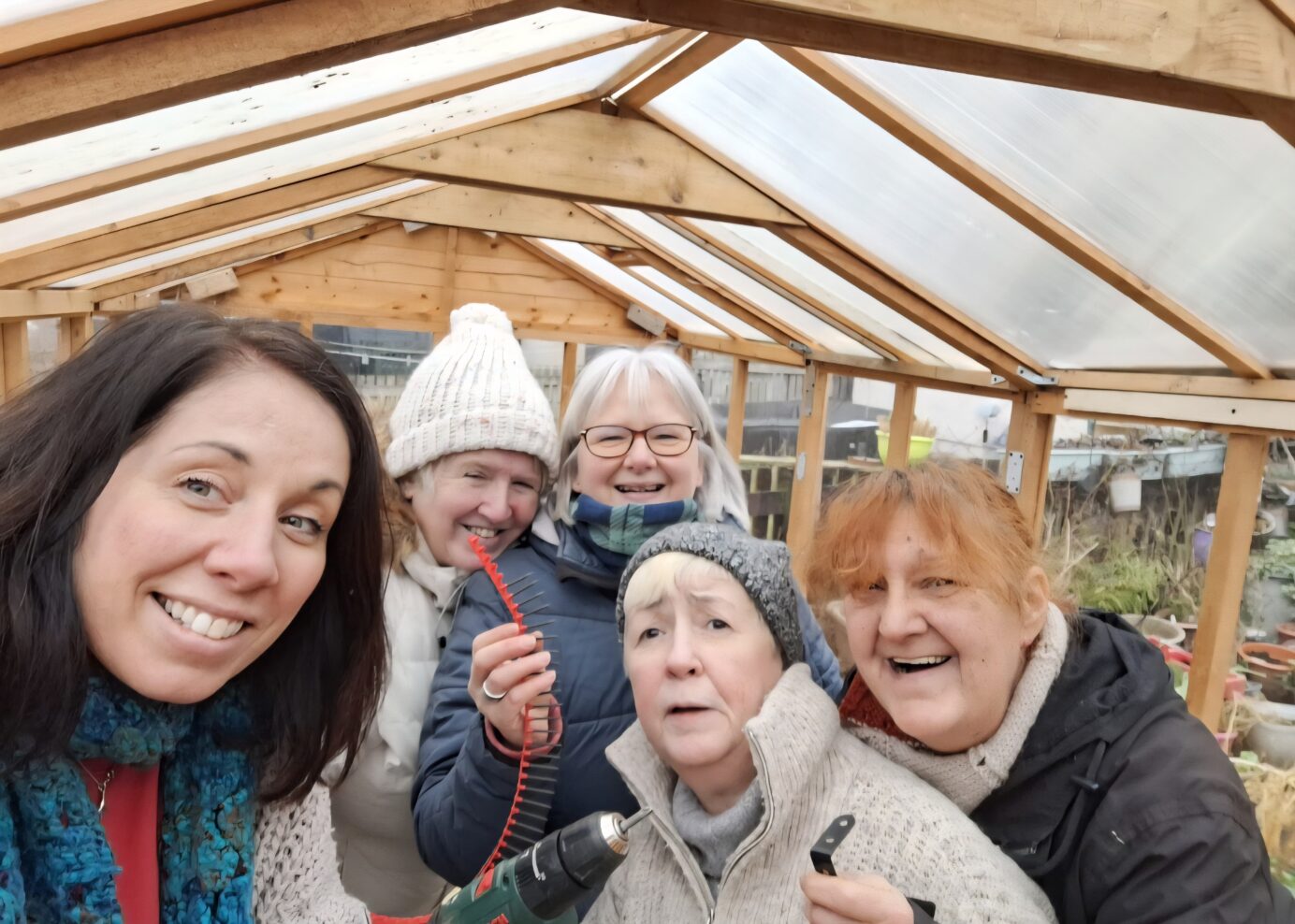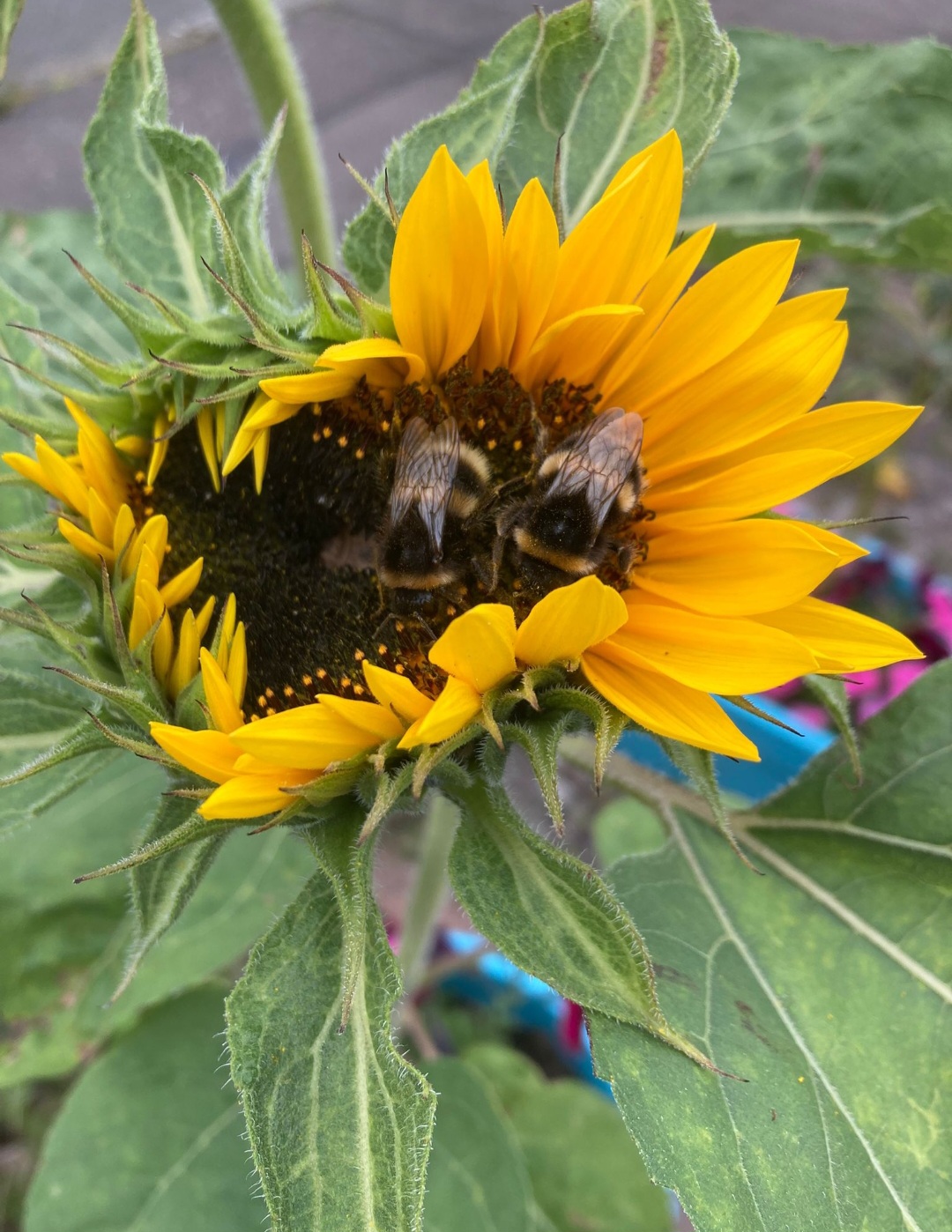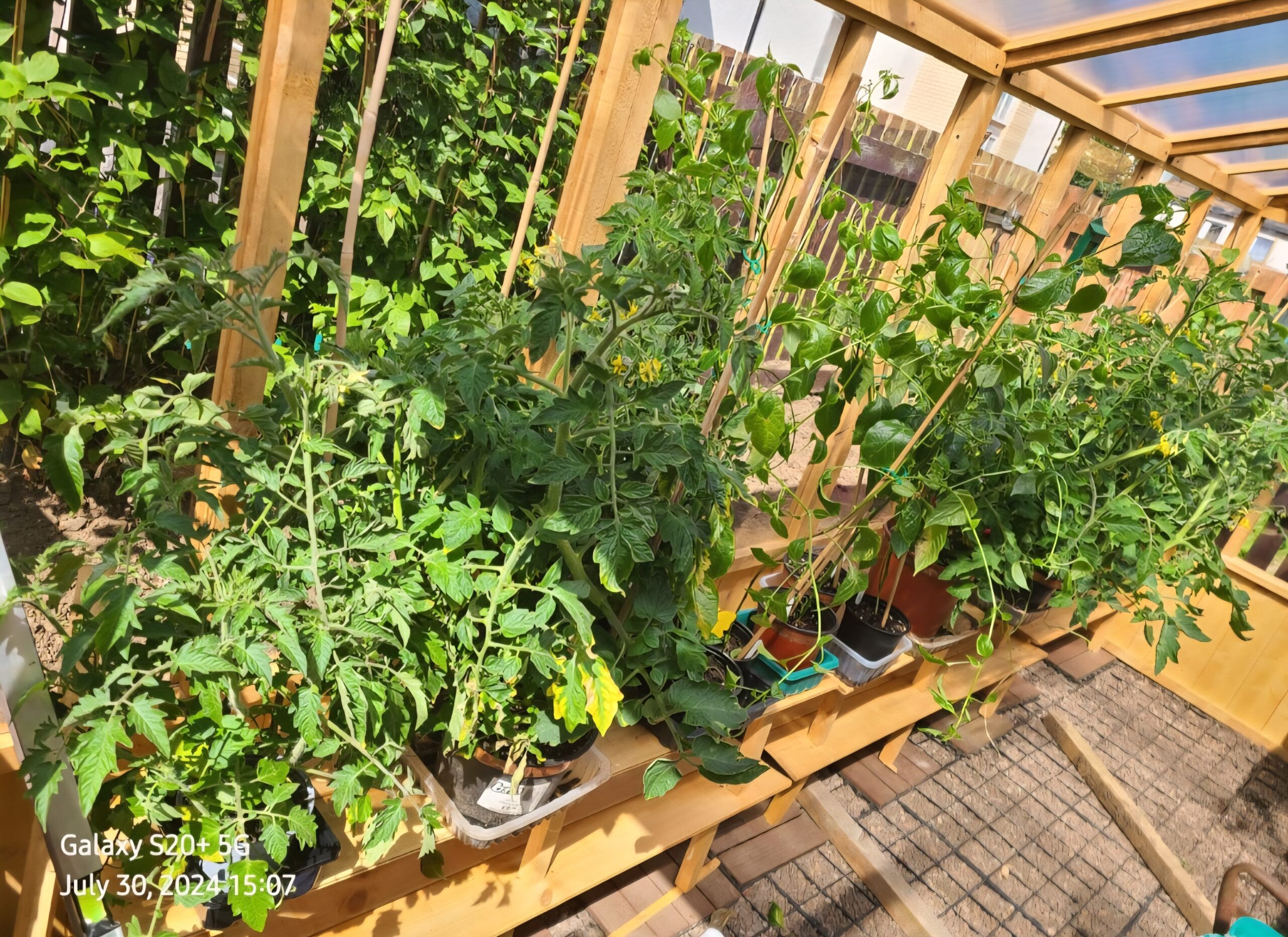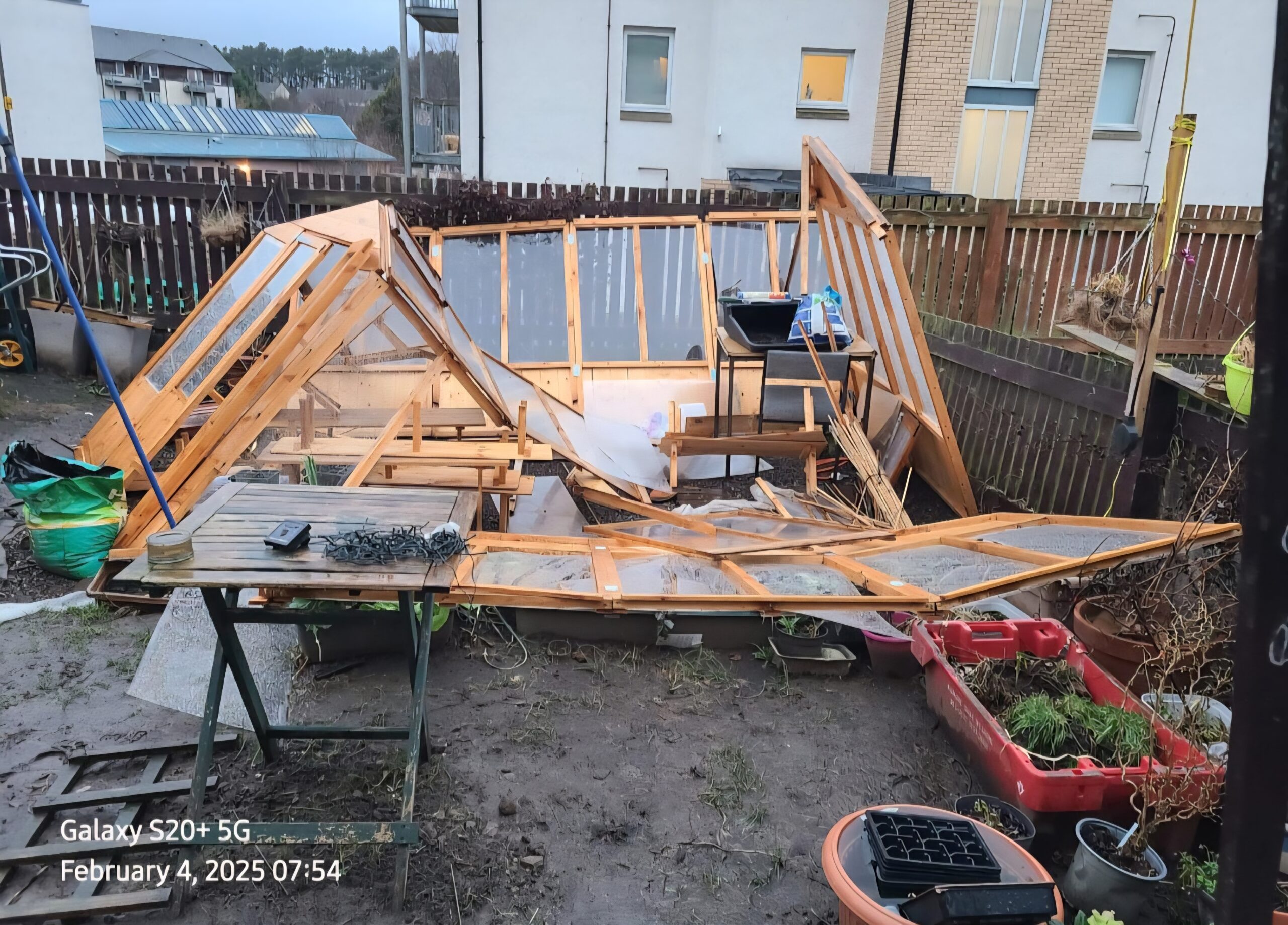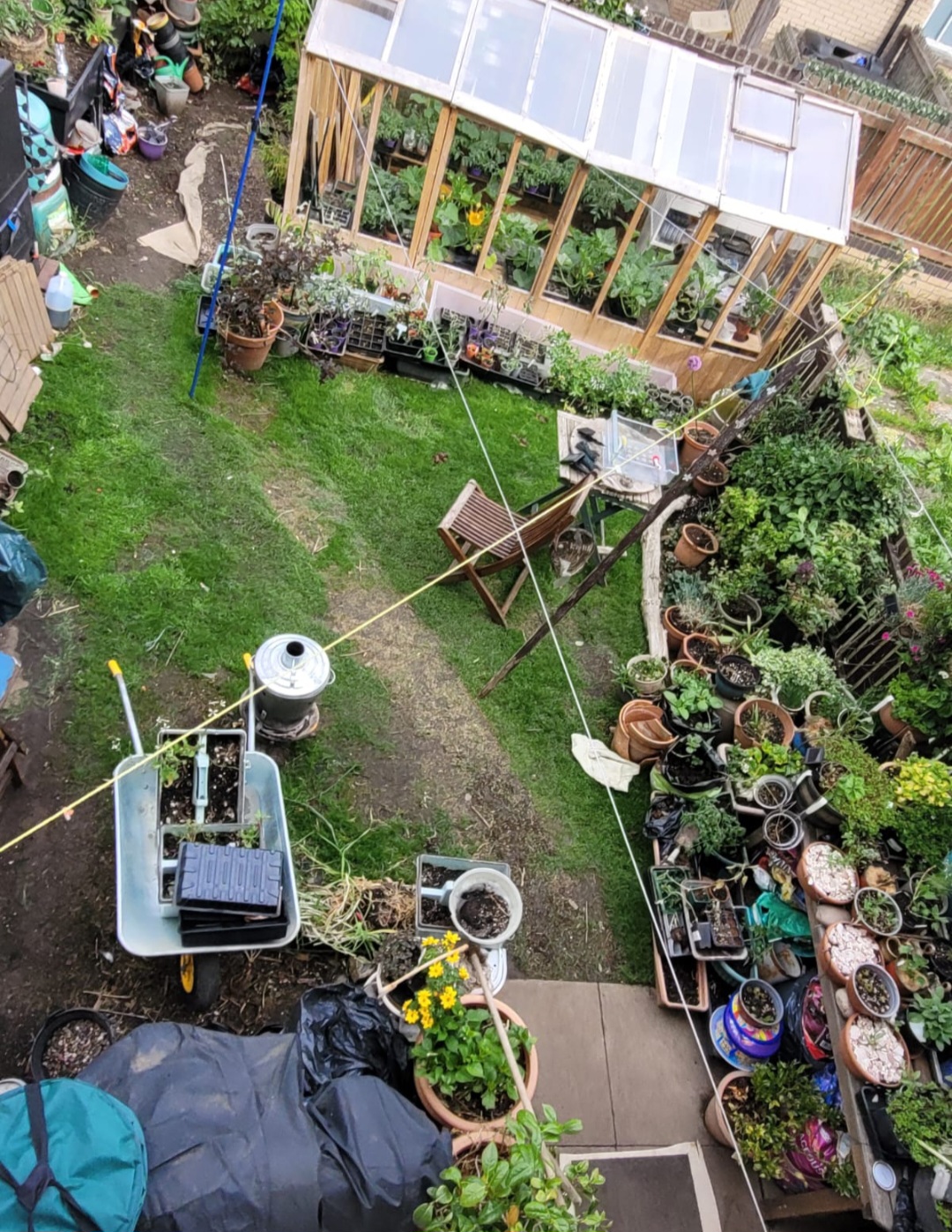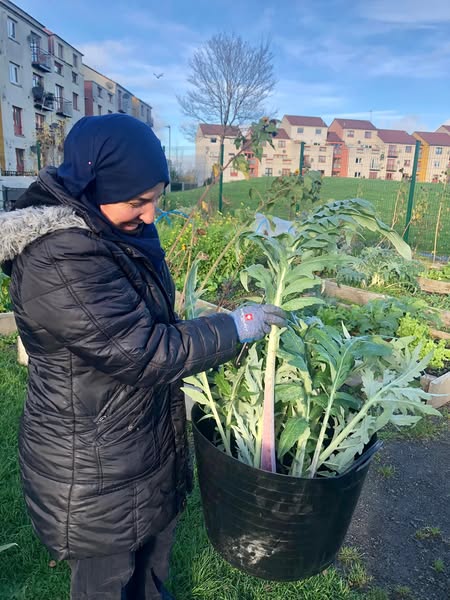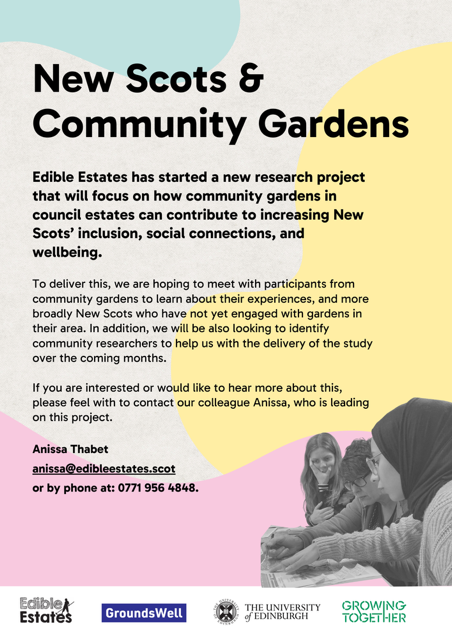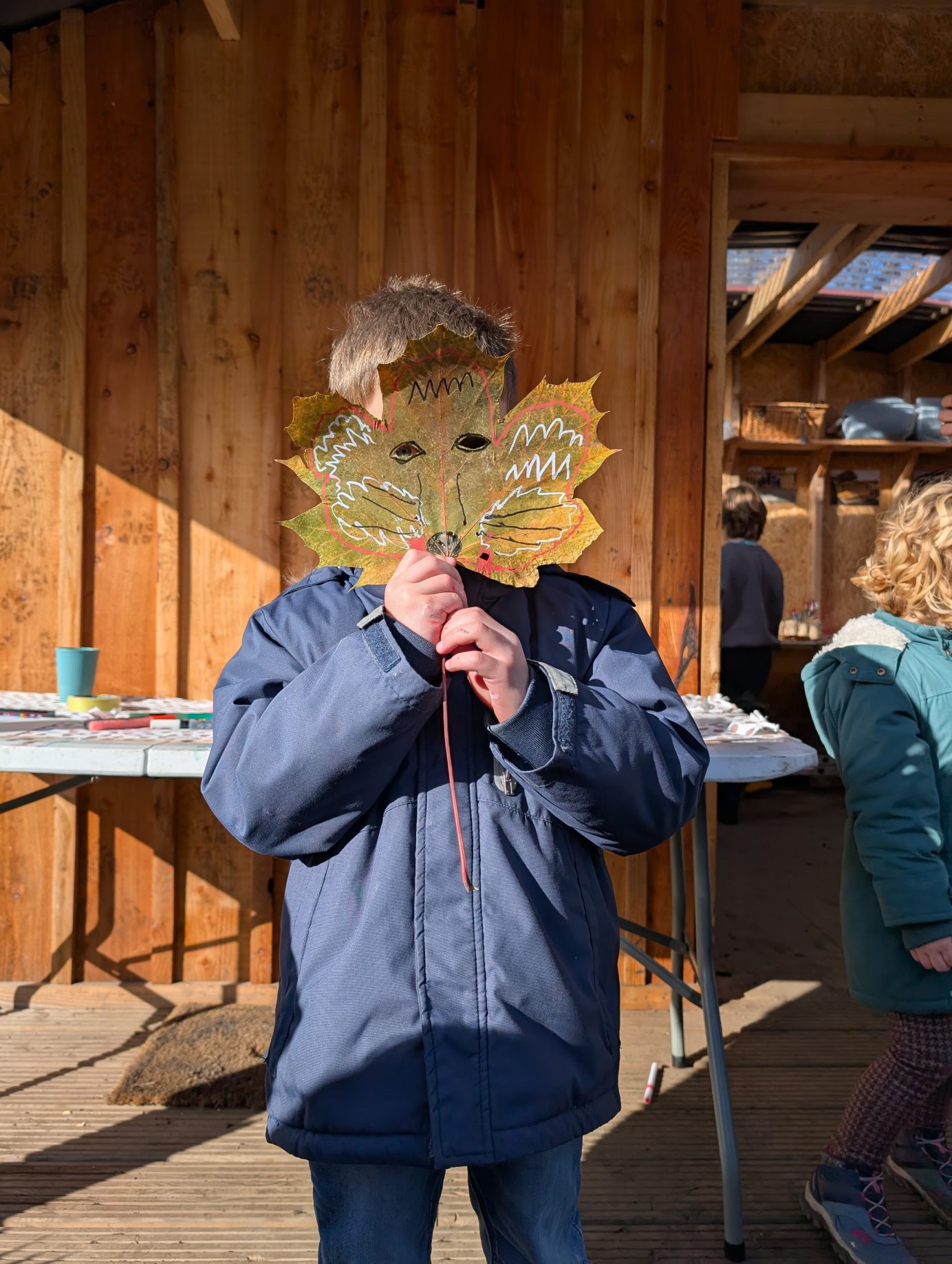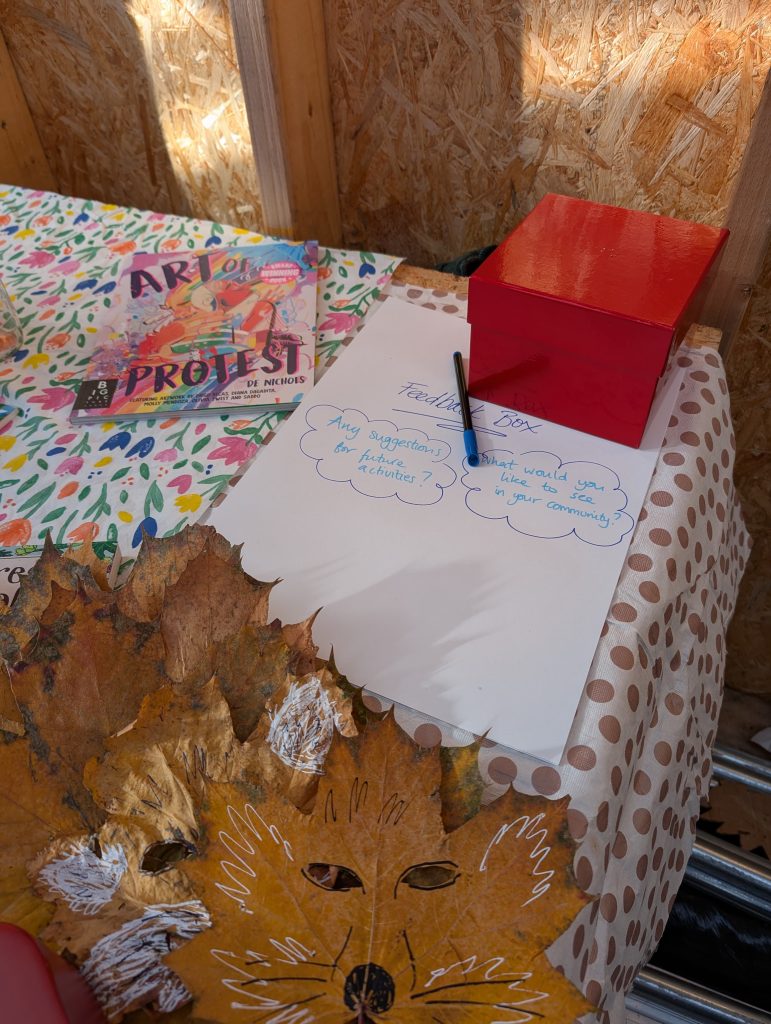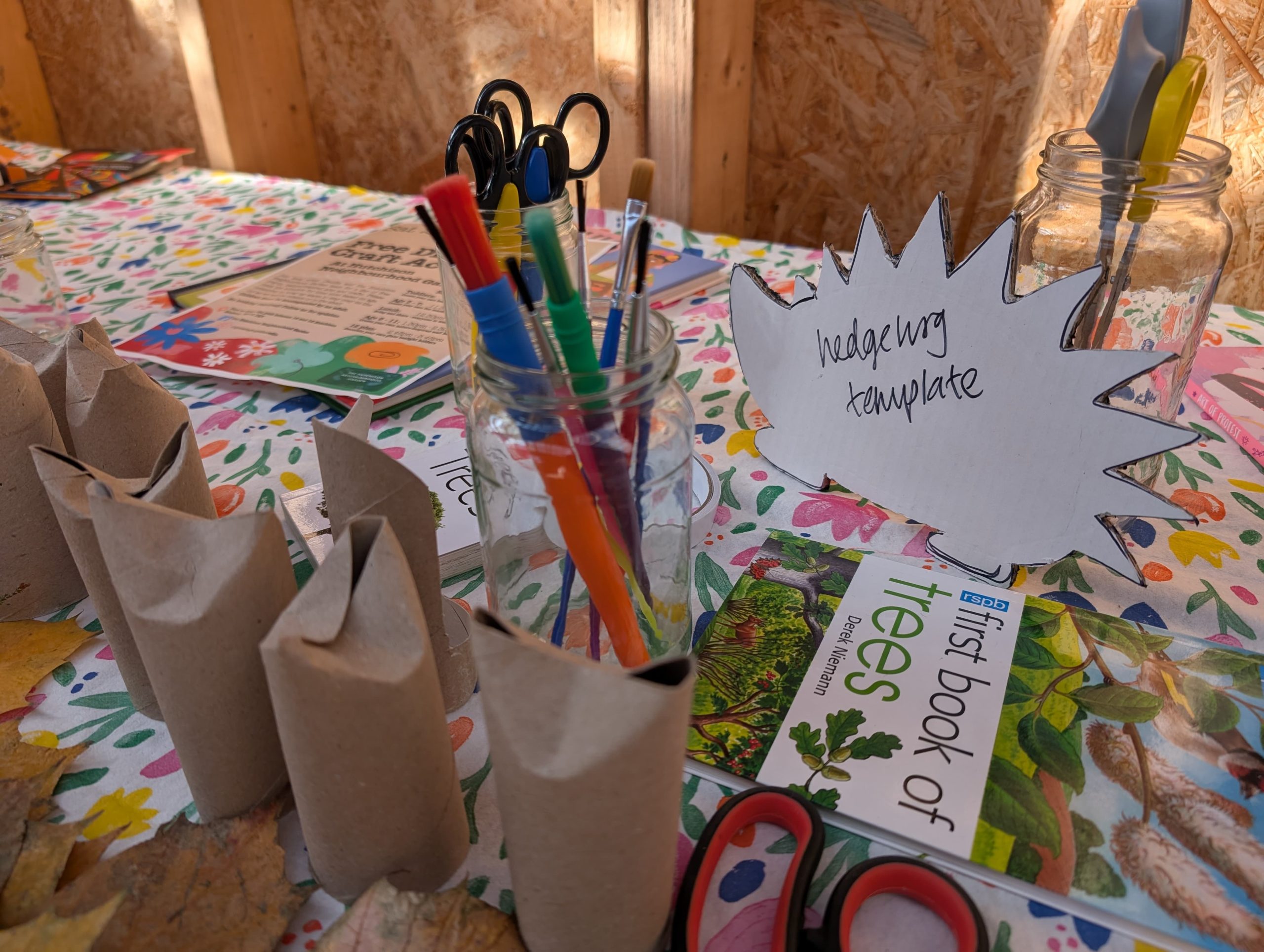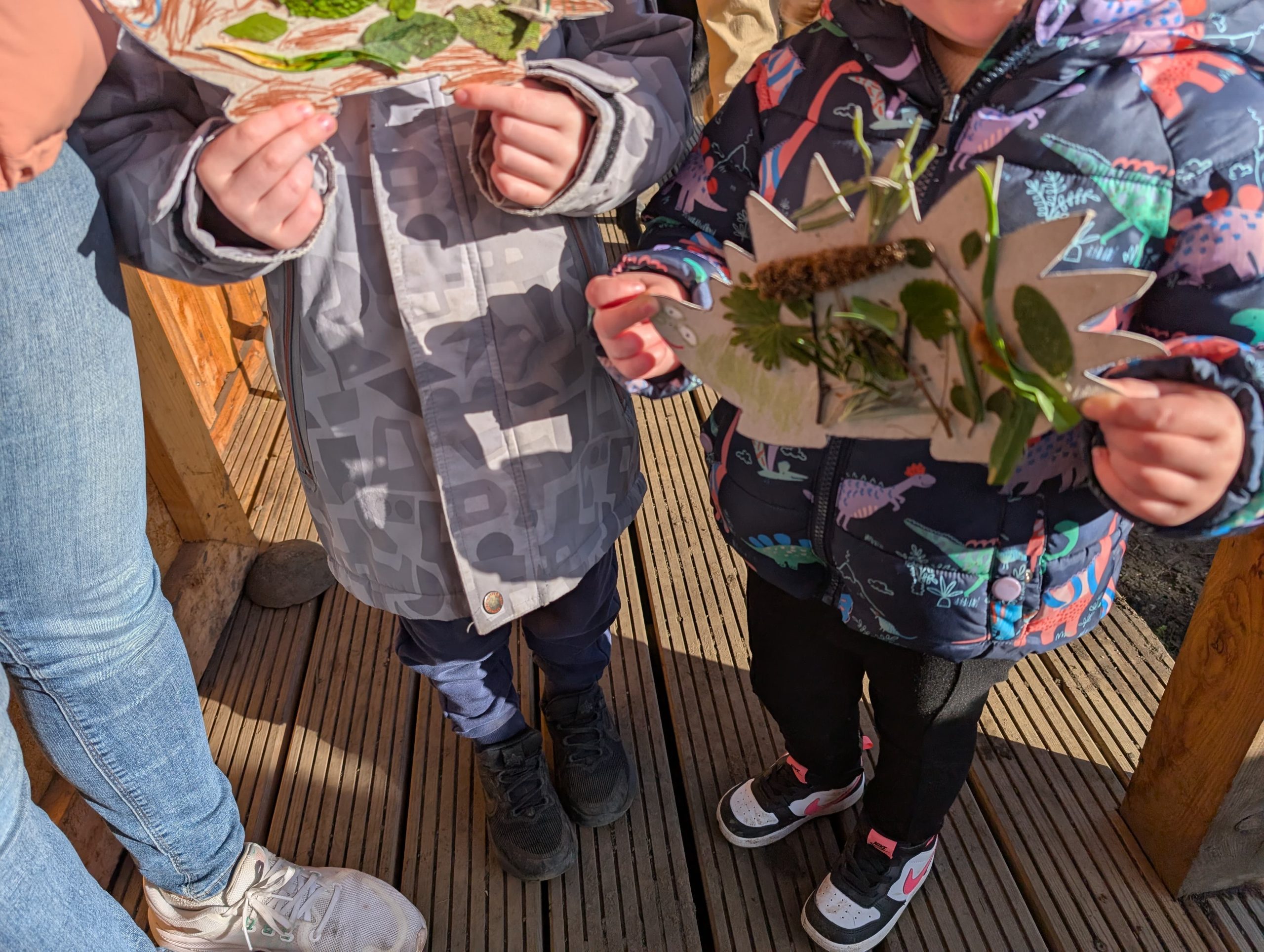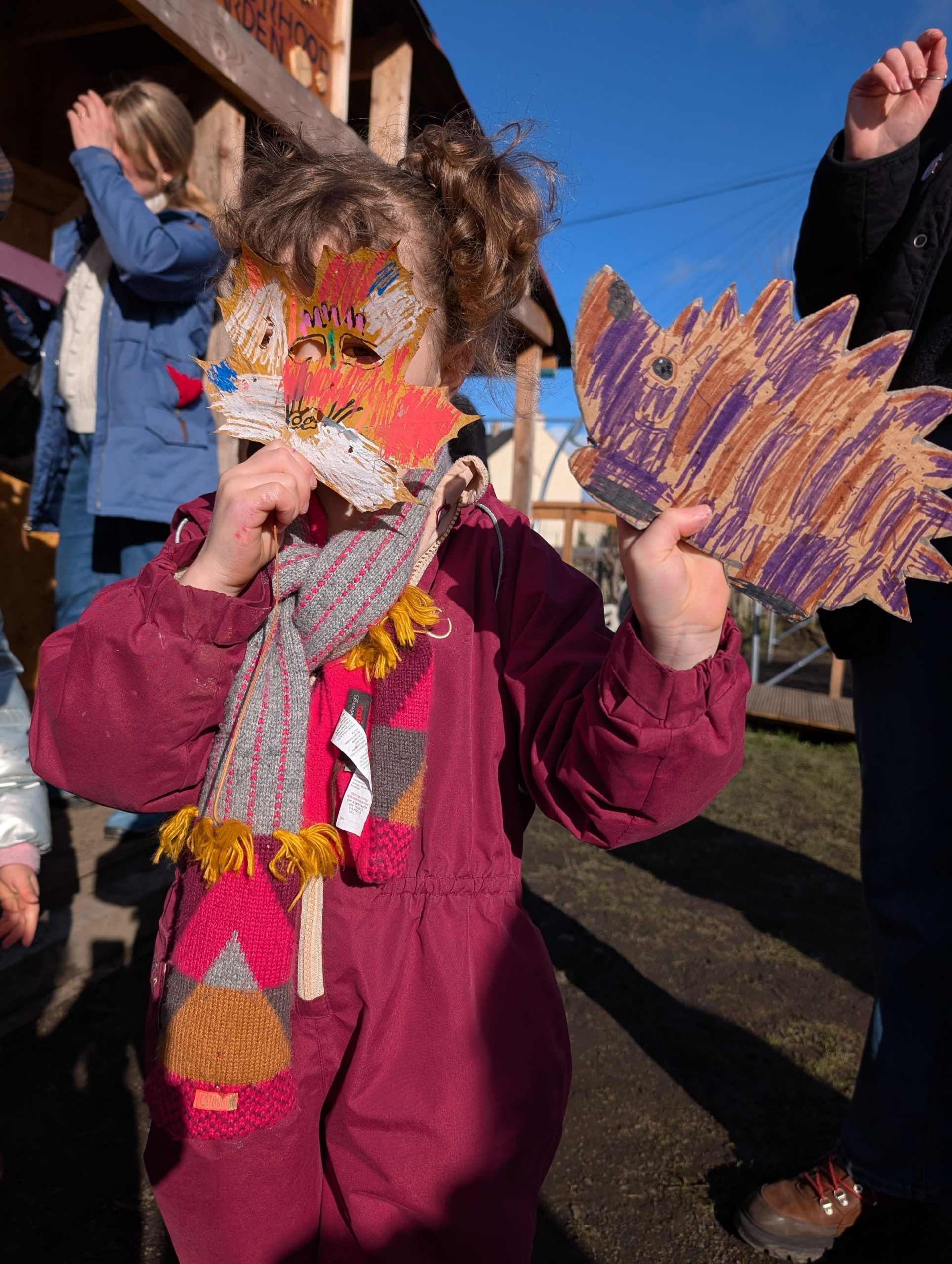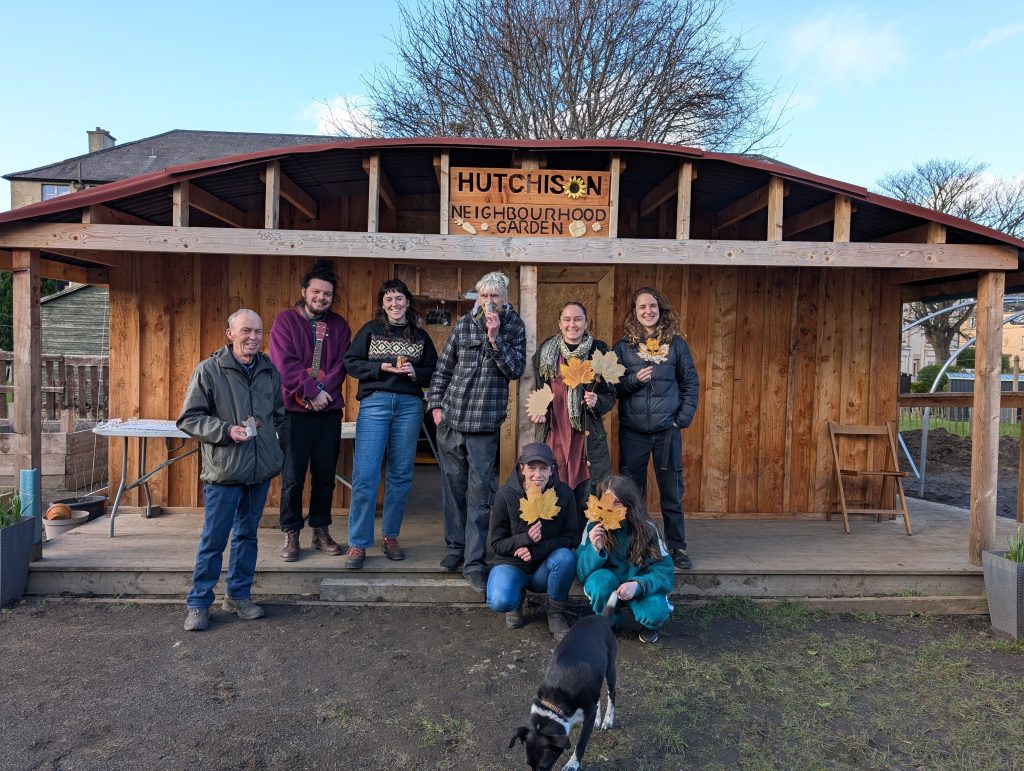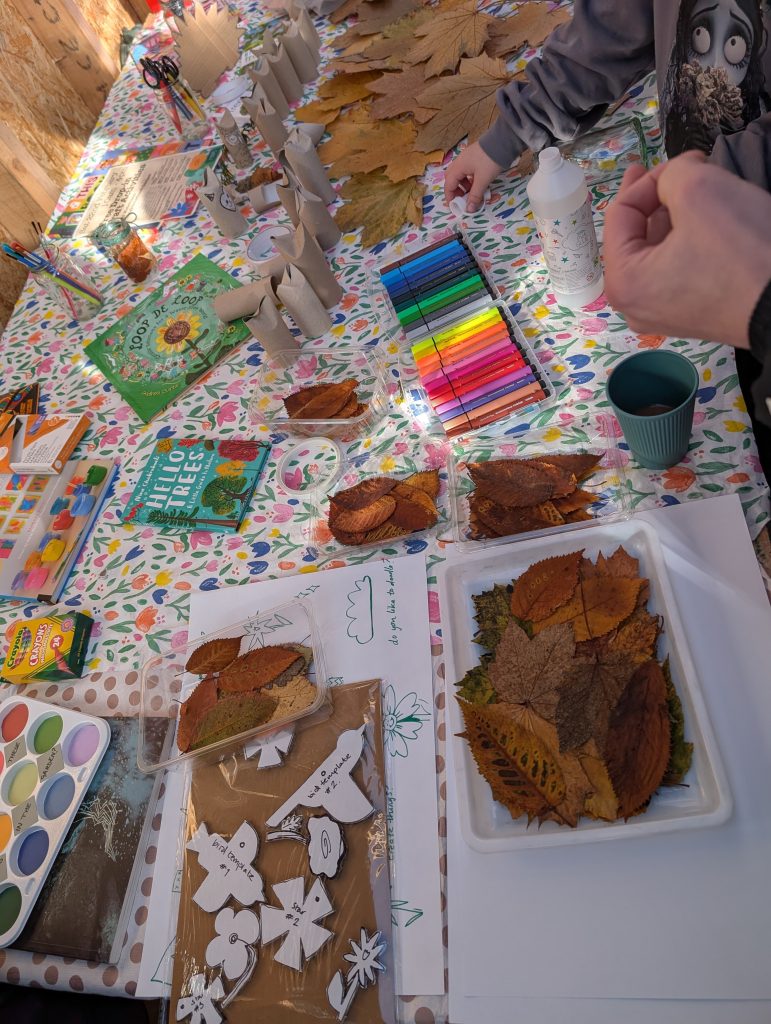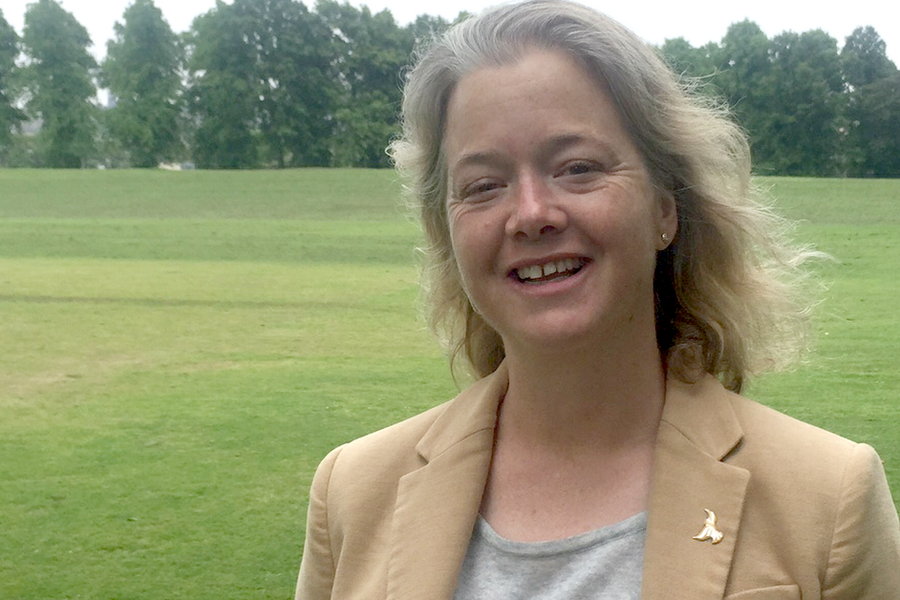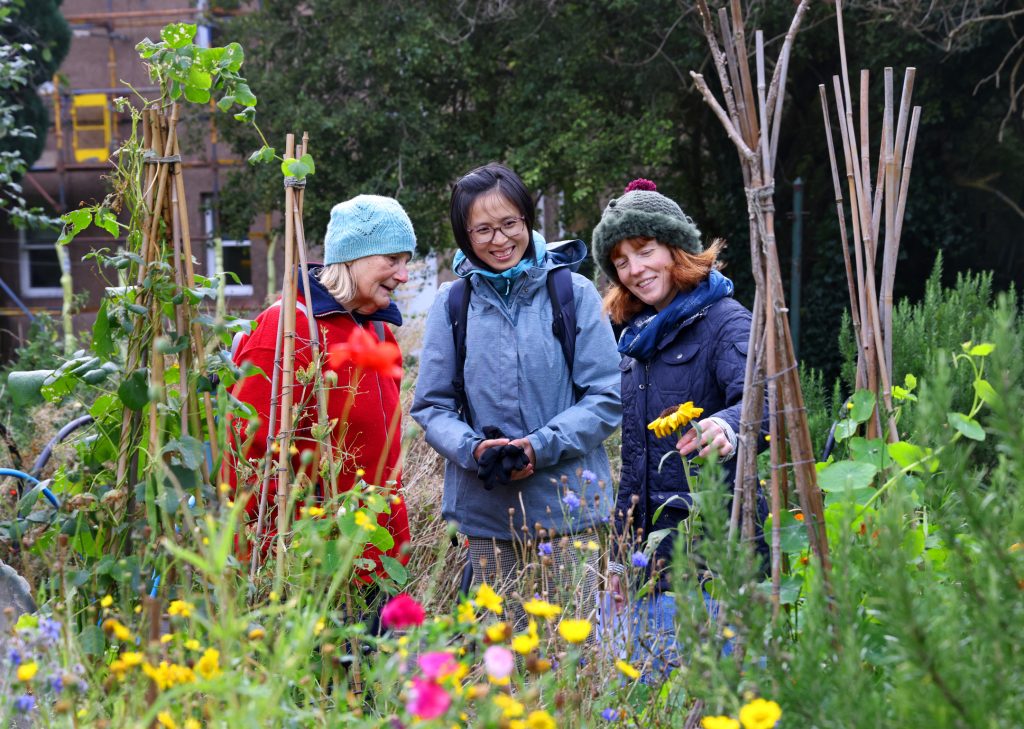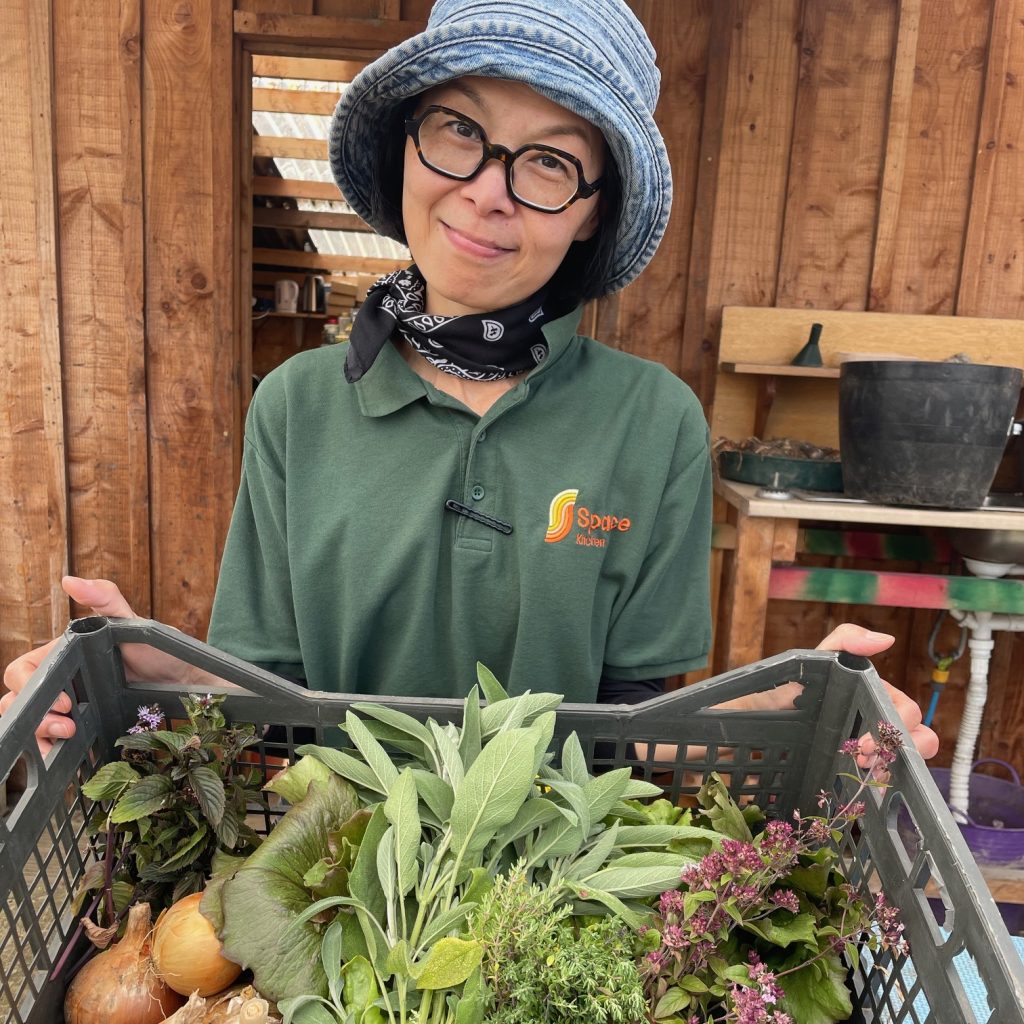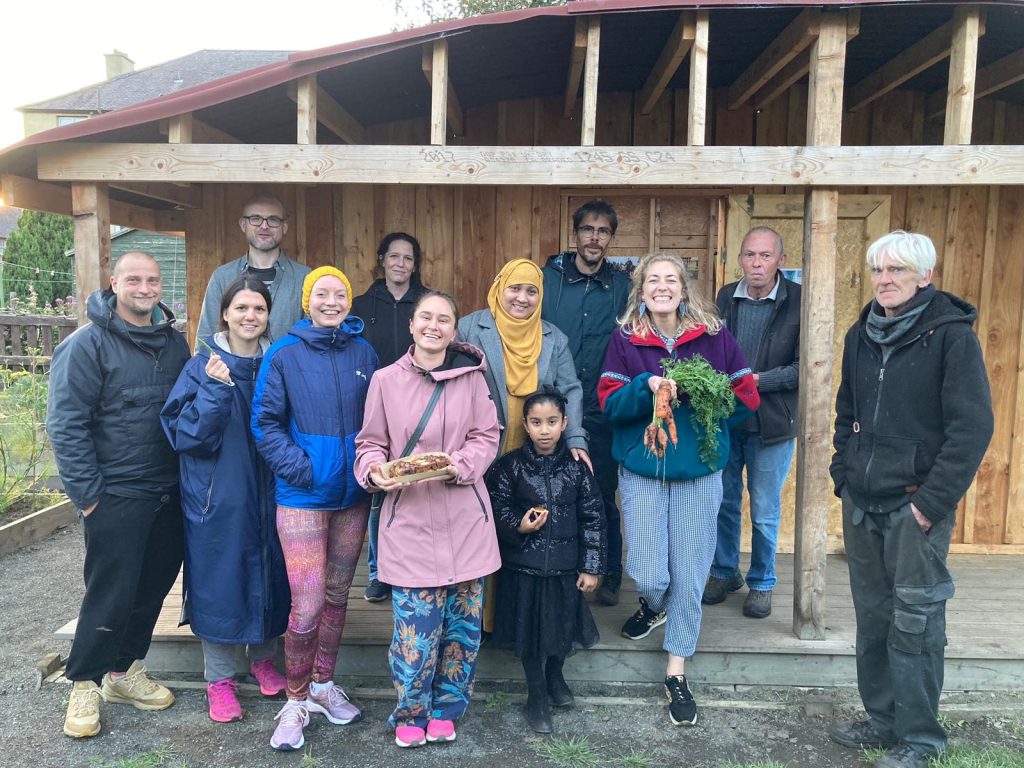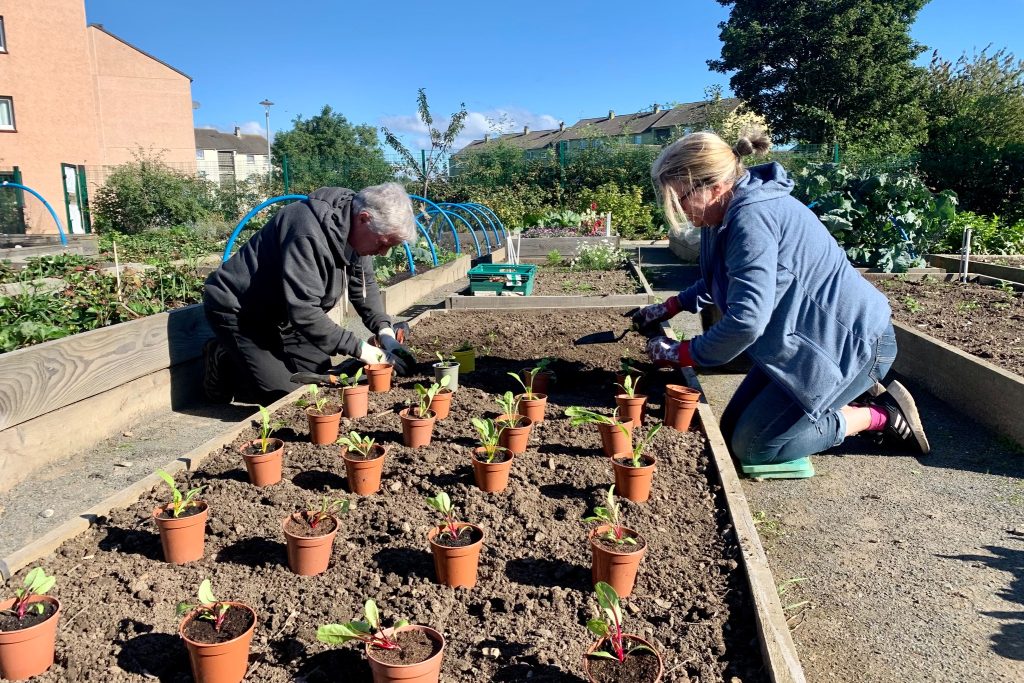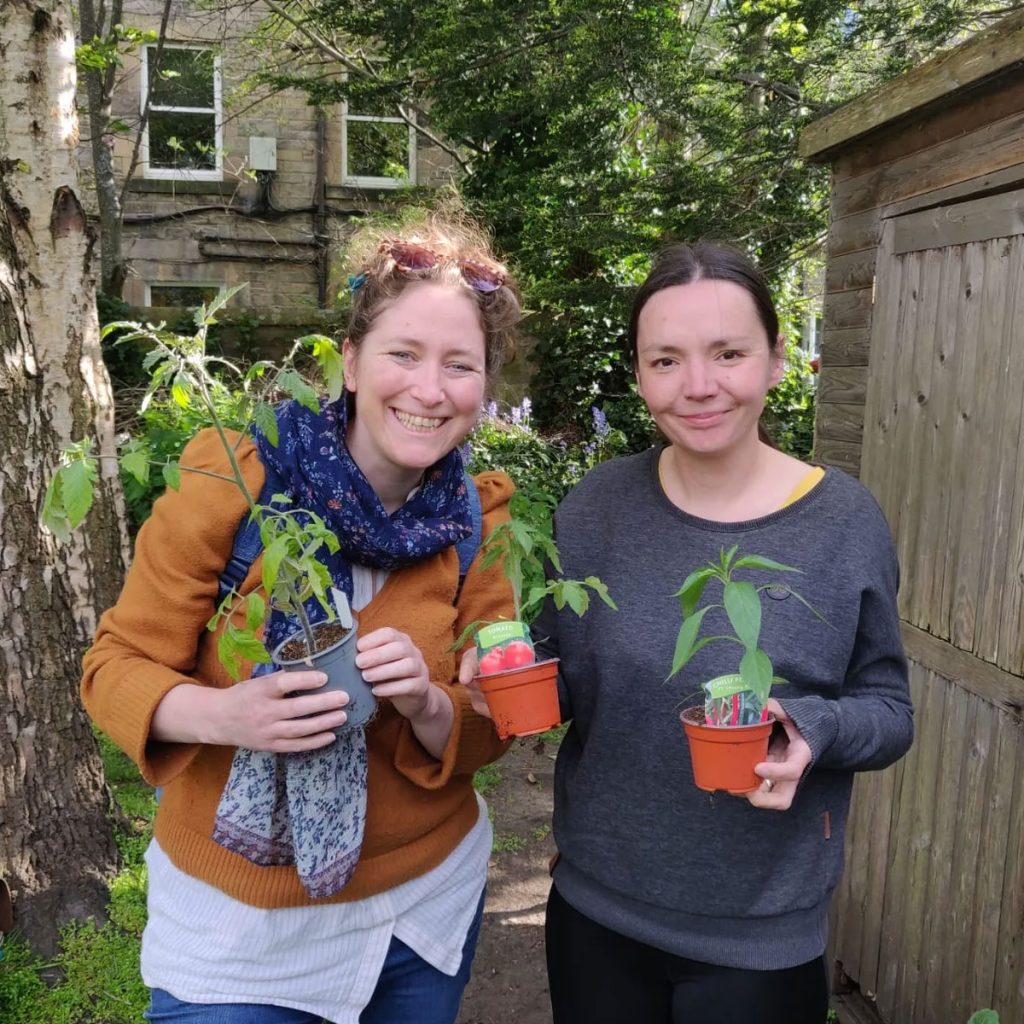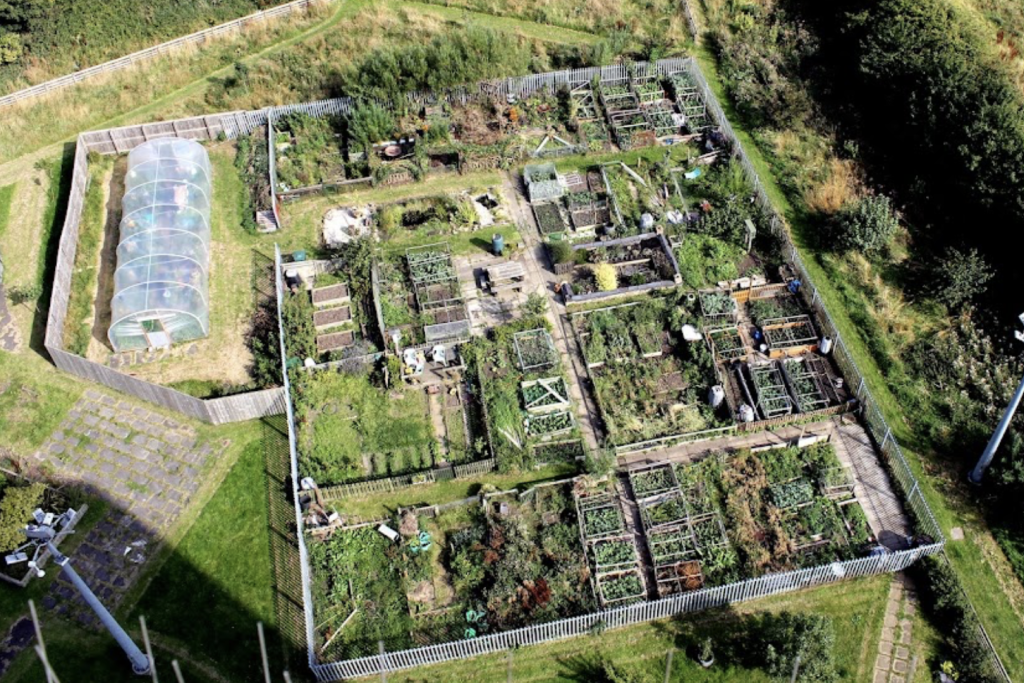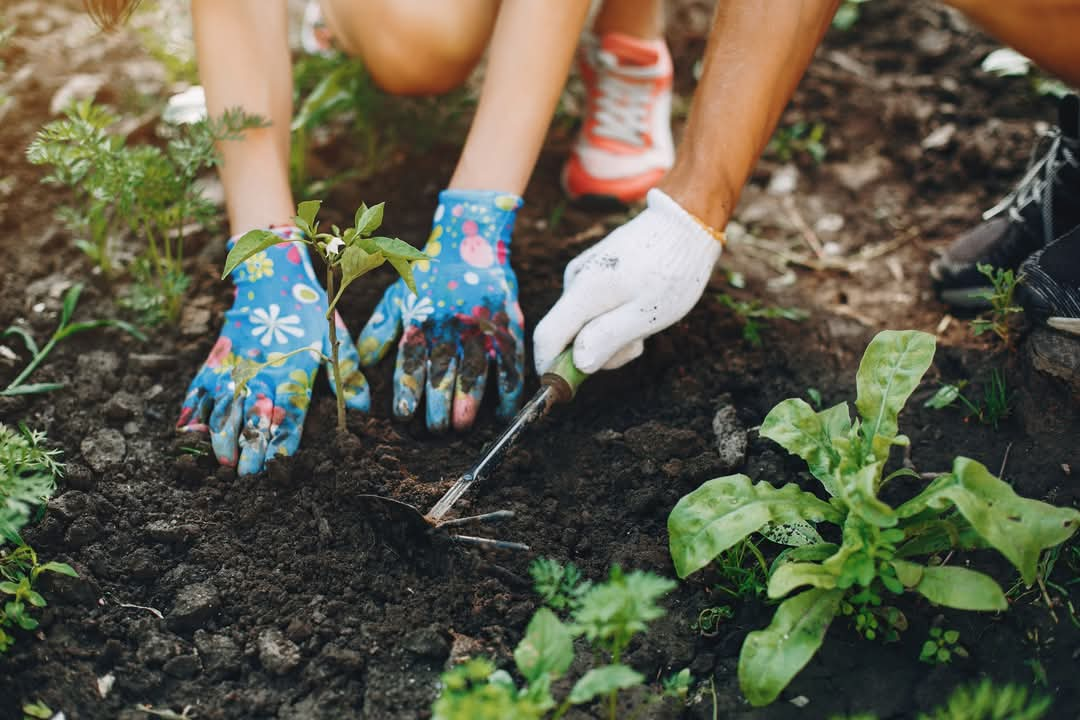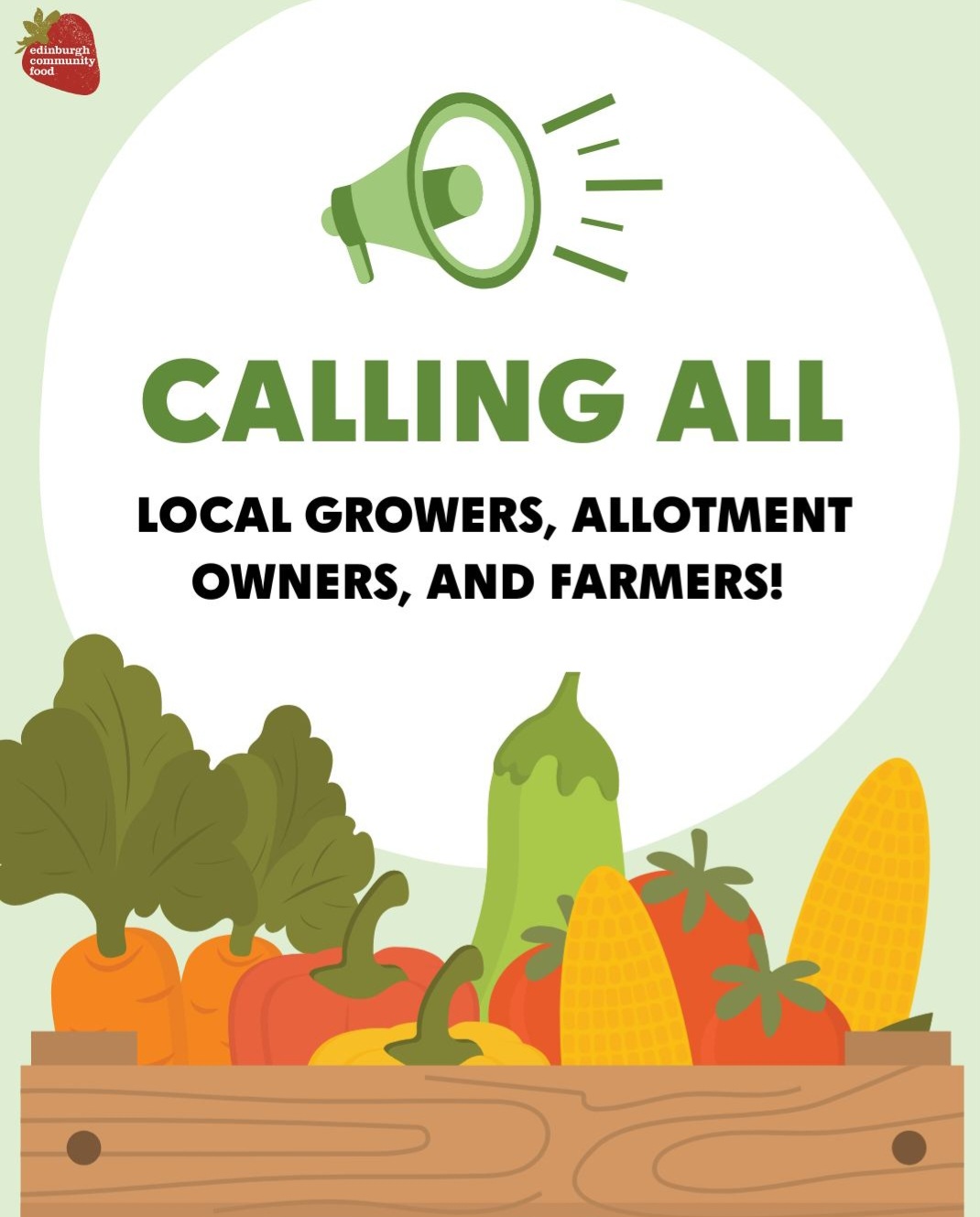Oxgangs Community Gardeners, a group of dedicated, green-fingered residents who are working to transform their area one greenspace at a time for the benefit of the entire community. They have community-spirit in spades – literally! Read on to learn more about the work they’ve been doing over the last two years to make a positive change in their area, and hear first hand from participants Denise, Alison, and Sharon about what the group means to them.
Denise: I got a flyer from Edible Estates looking for community growers to start a group. I went along and got started from there – it’s been amazing to see stuff growing in Oxgangs and meet people I’ve never met before. It’s good for my mental and physical health, from digging and getting on my knees, to socialising and being part of a community. It’s encouraged me to develop my own garden too, which didn’t have much wildlife before. It’s home to a wee hedgehog now and I’m interested in the biodiversity and how to attract insects. People are interested and do stop by to ask what I’m planting; it’s a great conversation starter.
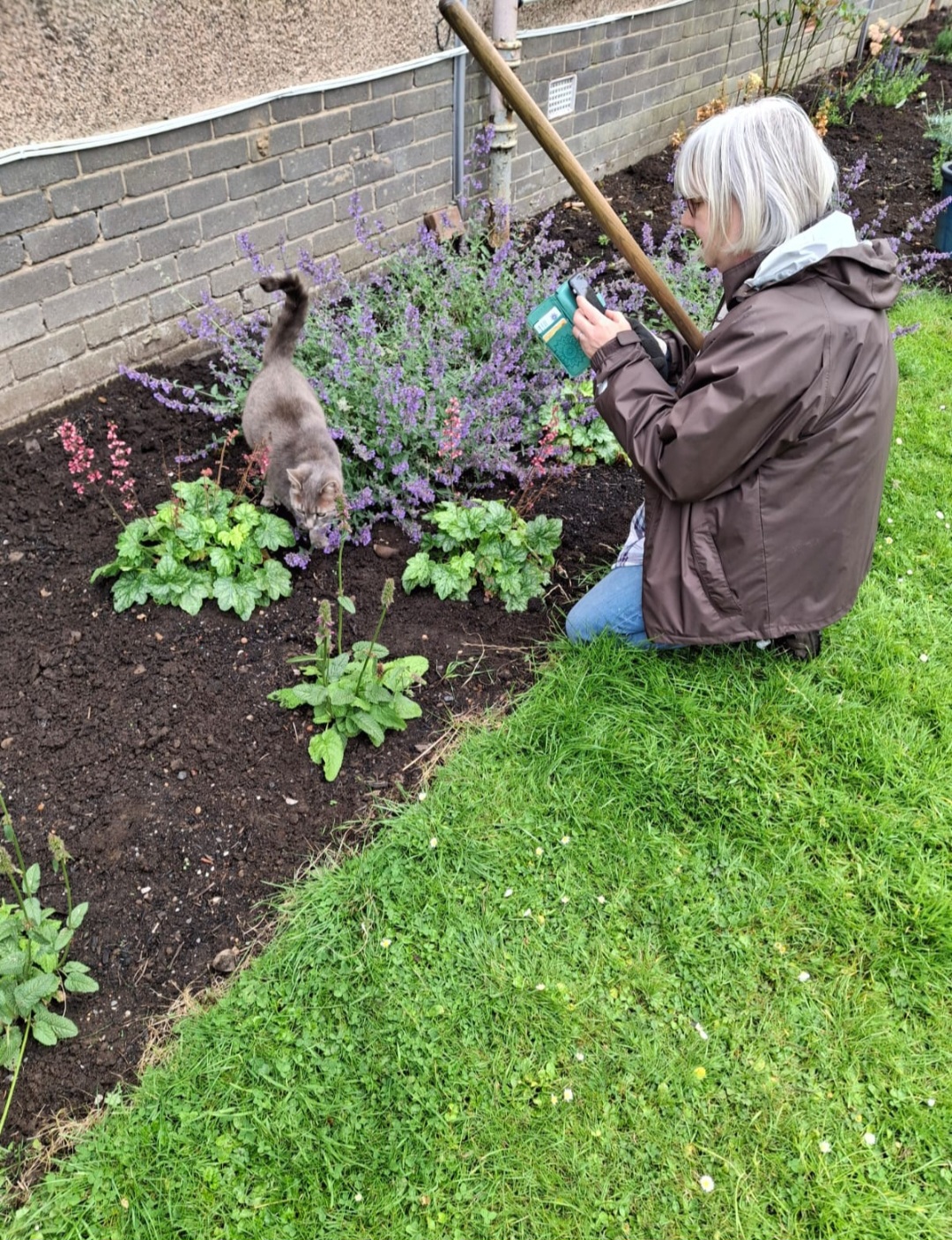
The Chip Inn
From overgrown grassy area to thriving micro-garden! As one of the first spots you see as you enter Oxgangs, The Chip Inn was a spot that locals would hang around in the past, but had become unloved and full of rubbish over the years. With support from Community Gardener Stuart, and funding from Coop Scotmid for plants, the group cleared the space before planting it up with different grasses, plants, and flowers such as lavender and carnations. Their hard work has gotten a lot of positive feedback from other residents, with folks often stopping by to comment on how great it looks – they even got given a chocolate bar as thanks from one local! It’s also inspired other people to take pride in and ownership of the space even if they aren’t part of the gardening group, with one man litter picking if rubbish starts to pile up outside of growing sessions.
Denise: I like it when people walk past and say they used to sit there as a teenager and they notice what we’re doing.
They’re hoping to get benches installed, and are in discussion with Coop Scotmid, who own the space, to explore how the community can make use of it.
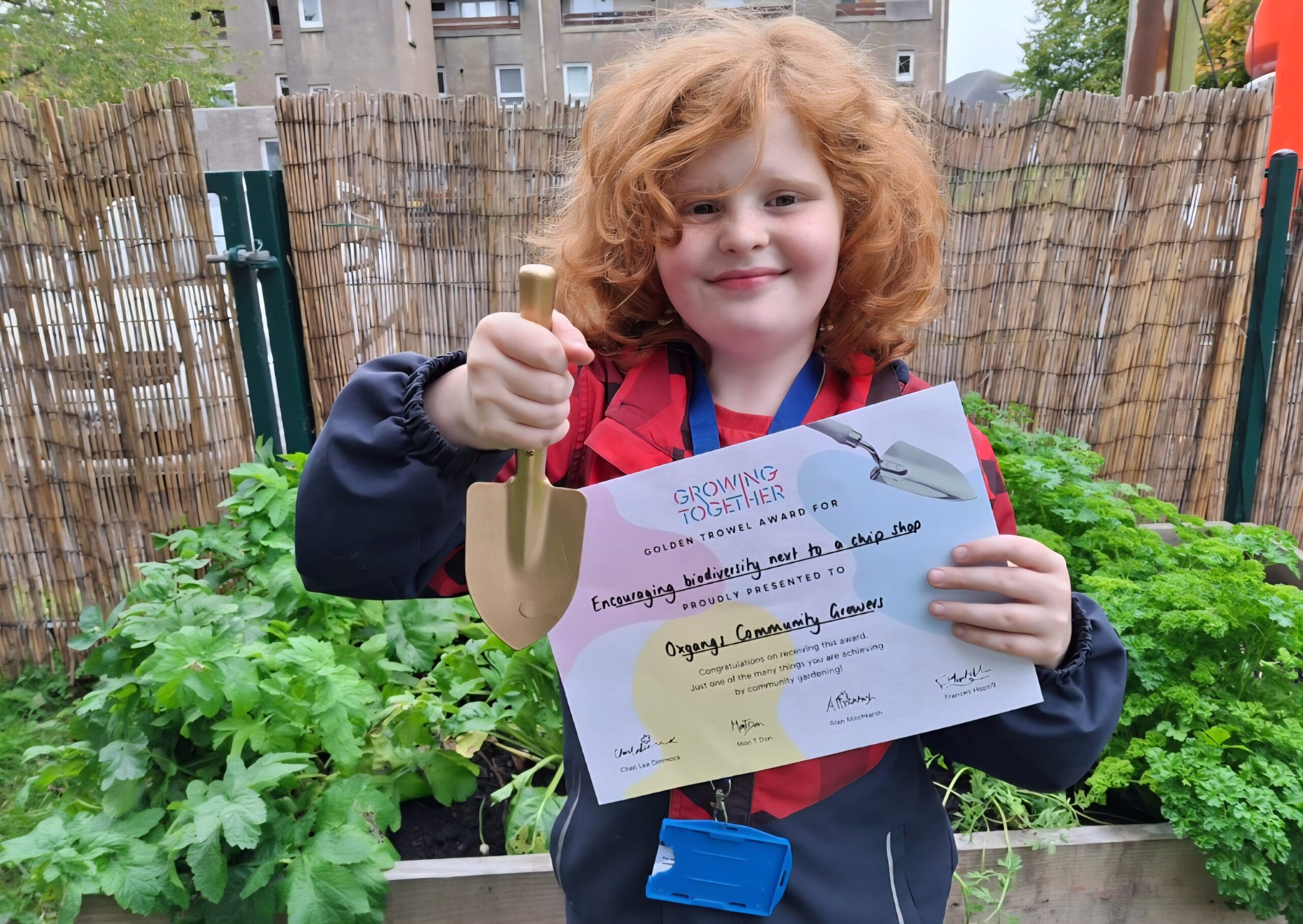
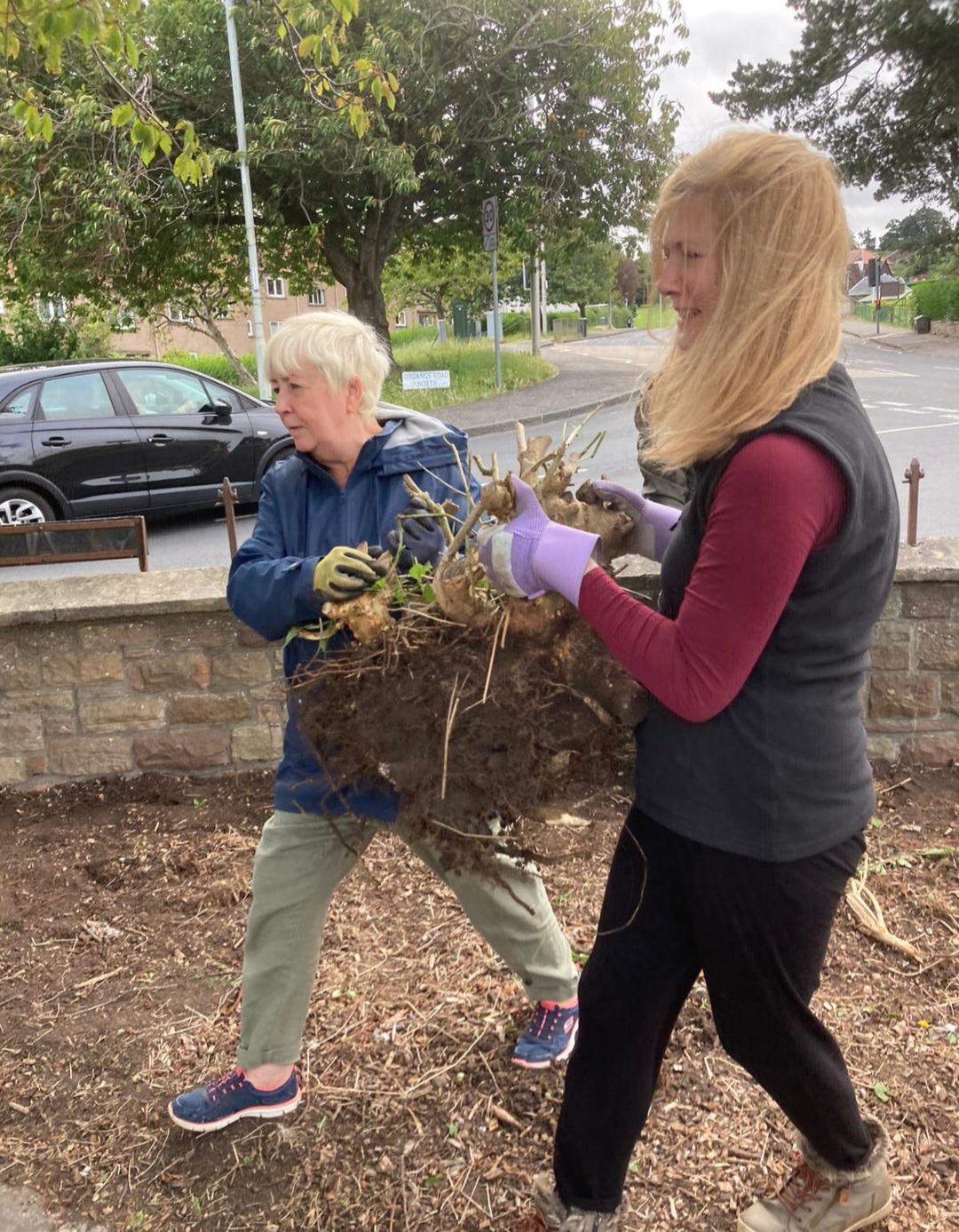
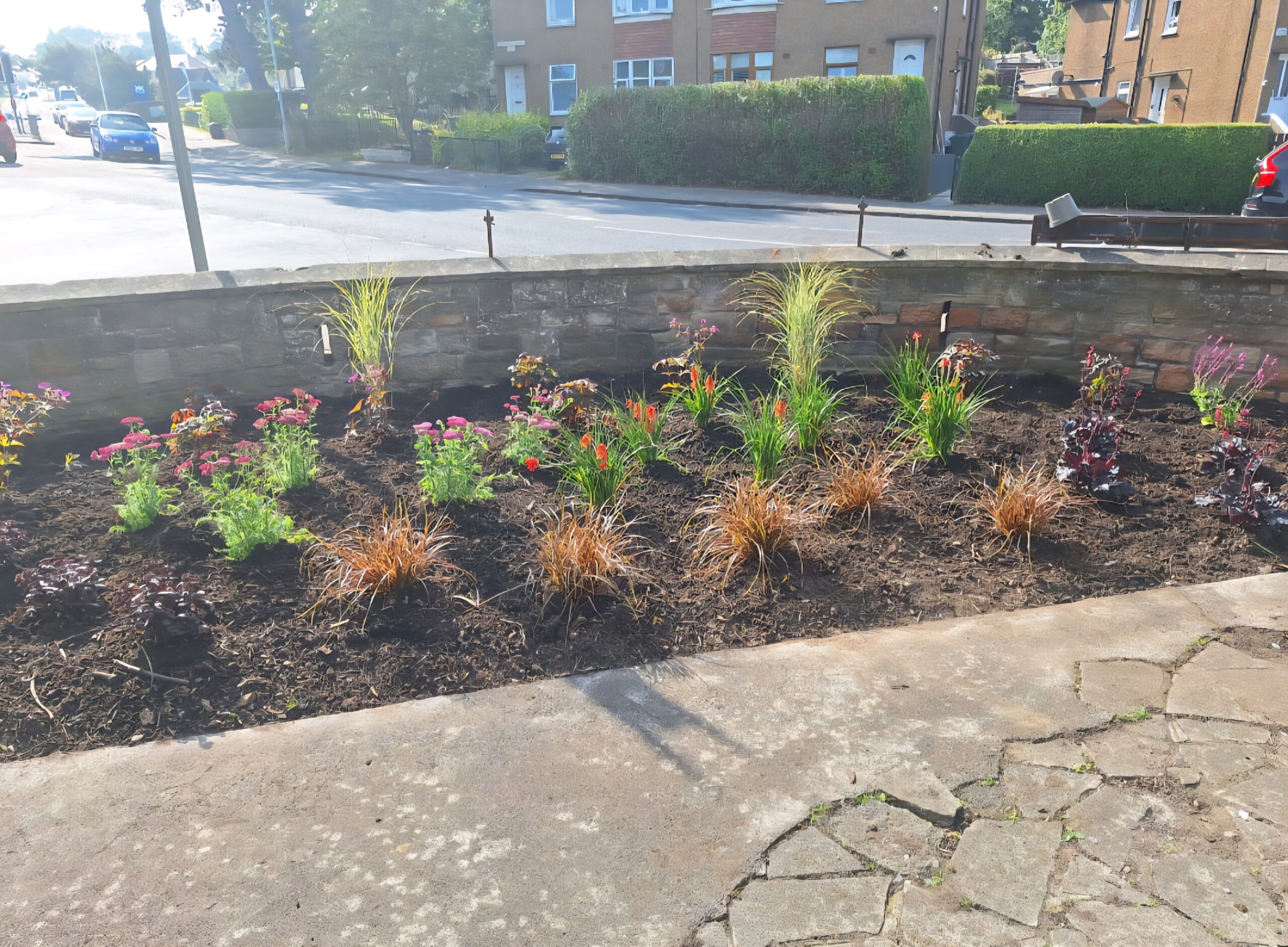
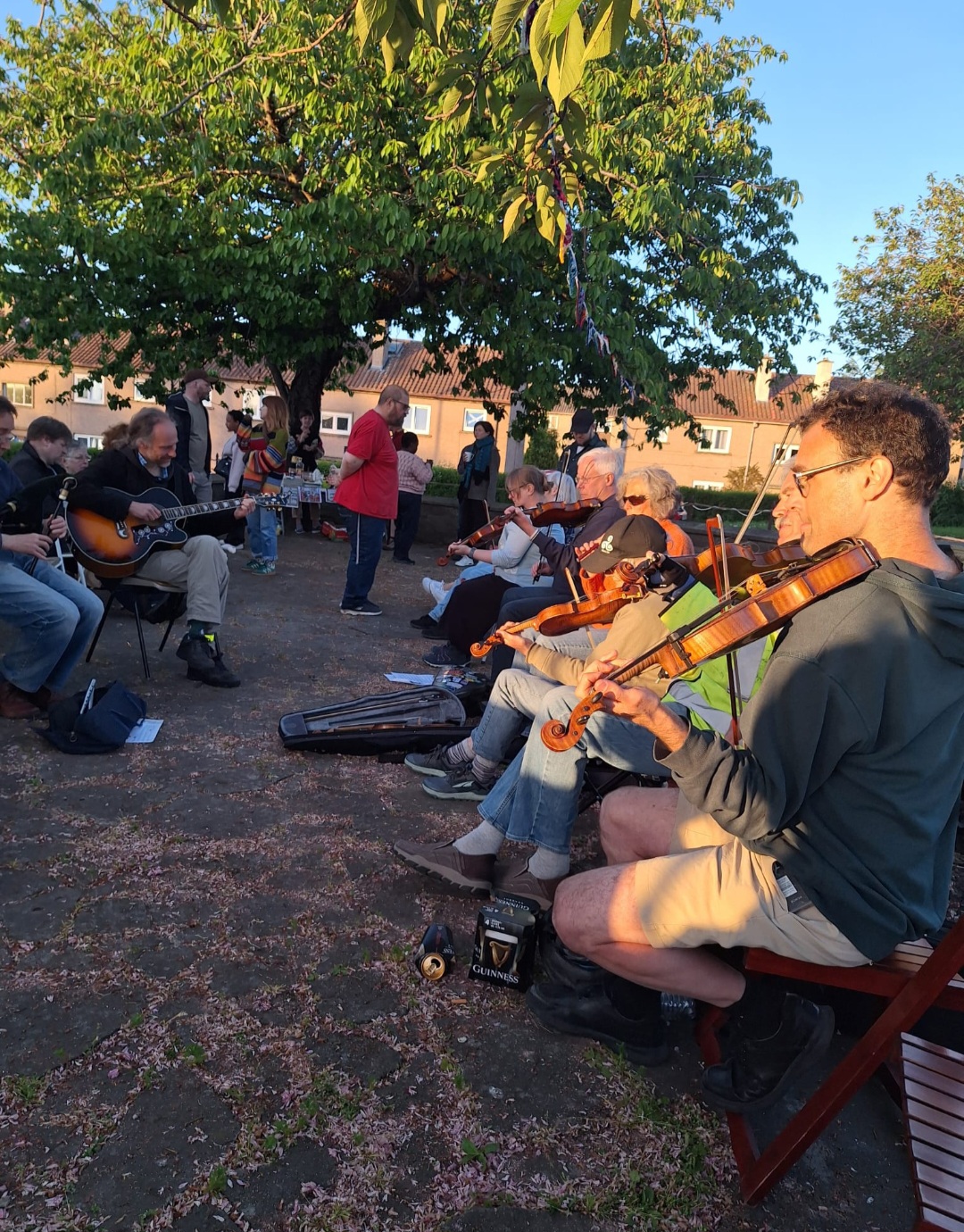
Charity Sunflowers
Sharon had the wonderful idea to grow and sell sunflowers in her greenhouse, with proceeds going to local charity Family of Lost Friends. Their team effort in growing some spectacular flowers raised an amazing total of £137.25 this year – brightening people’s day and giving back to their local community.
Alison: I’ve always been interested in gardening but wasn’t massively knowledgeable, I also saw the flyers that Denise mentioned and signed up but never made it to meeting, but later saw a photo of the group that included three people I knew from different times in my life, which inspired me to go along to the garden at No. 3. My husband and I have an allotment too, which was a jungle before I got involved with the group, but now since gardening and tidying the local area, I’ve gotten better at using that space too – we’re growing runner beans and courgettes.
Wildflower Walks
We’ve all heard the saying ‘stop and smell a rose,’ but what about ‘stop and admire the wildflowers?’ It’s no secret that being more mindful of the natural world around us is great for our mental health, yet a lot of us struggle to do it as we zip around in our busy day-to-day lives. Well, the group recently dedicated a Friday evening to doing just that, by paying attention to the world of plants on their concrete streets.
Heather, a participant with a background in botanicas, suggested wandering along Oxgangs Drive to spot wildflowers could be a nice activity to end the week. Using spyglasses, the group explored the diversity of plants that often go unnoticed – many of which most of us would consider weeds – as Heather shared her knowledge. She later put together a guide to the wildflowers on Oxgangs Drive to share with the group. A lovely example of how different knowledge and backgrounds can be shared in community growing groups.
Denise: Learning about the wildflowers growing up through the pavement, and seeing bees clustered around them, made me view the plants we’d normally walk by differently – there’s a whole world of fascinating plant diversity on our concrete streets.
Learning something new and exploring the local area with fresh eyes in a grounding activity like this sounds like the perfect way to enjoy a stroll outdoors while enjoying one another’s company!
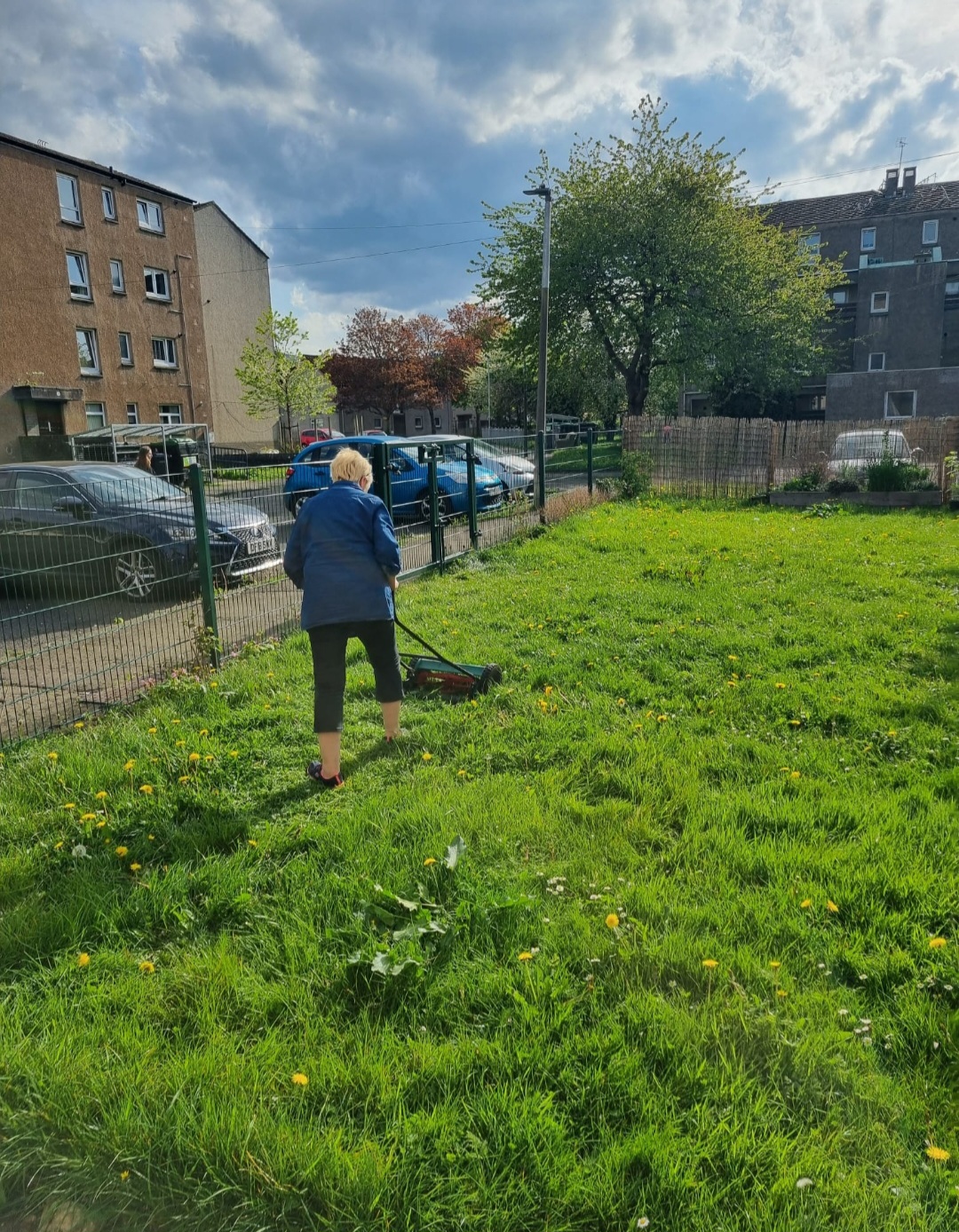
Seed Library
Denise took some creative, community-inspired initiative to line, paint, and upcycle an old chest of drawers into a beautiful Seed Library for the local community – and it’s gone down a treat, with local folks picking up a seed packet or two to get growing themselves!
Donations to the seed library are welcome – If you have any spare, unused, or unwanted seed packets, please pop them in for others to pick up! You can find the library at the Oxgangs Neighbourhood Centre.
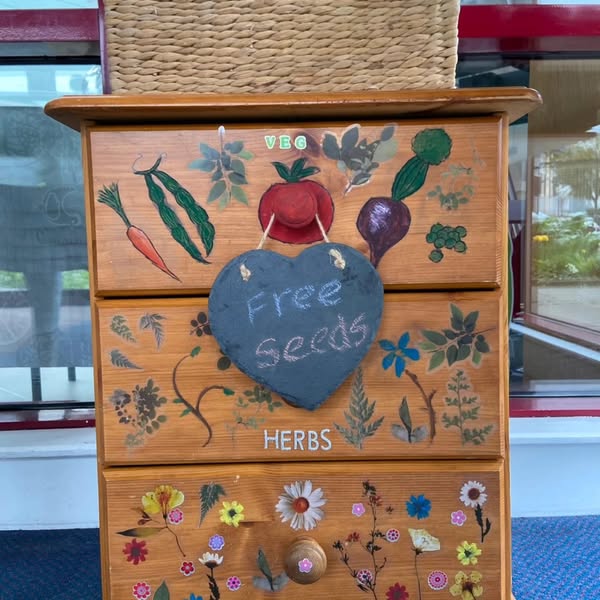
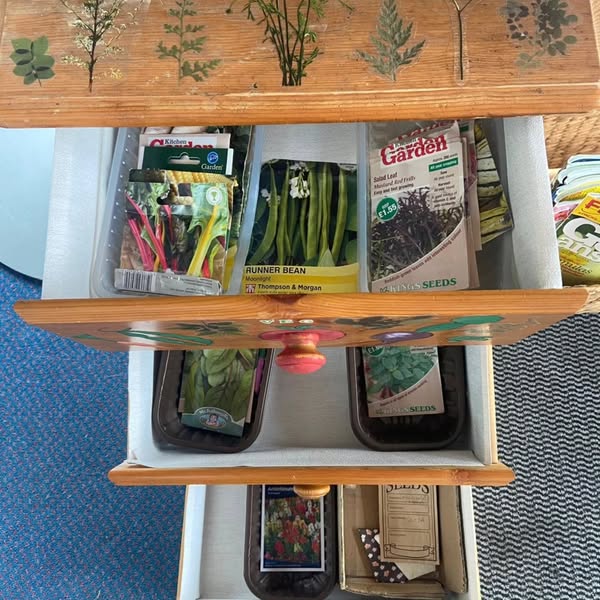
Forging Friendships
One of the nicest things to see is how the group have forged friendships and become a tight-knit community that extends outside of their growing activities. They meet each Saturday at The Hub to enjoy some delicious food made by the group’s budding chef Sharon and have a good chat. Even the colder months with fewer gardening jobs don’t deter them from keeping in touch and meeting up. Last winter they had a weekly craft group at the Hub to crochet, paint, and enjoy some homemade food together.
The group are pros at sharing excess produce among themselves too, from rosemary and bay leaves to strawberry plants and cooking apples, and work to reuse, upcycle, and share any tools and materials that would otherwise go to landfill. They also banded together and showed real community resilience when a couple of rough storms destroyed Sharon’s greenhouse last year, working to help her fix it up and get back in working order. Sharon noted she could not have done it herself, and that the support inspired her to start growing lots more in her greenhouse.
Rhiannon: I became involved when Lesley, who I knew through dog-walking, asked if I wanted to help in her garden. I do have a garden but I was not very knowledgeable, however through the group I’ve started growing vegetables for the first time – carrots, courgettes, and potatoes. I’ve also taken over my shared garden space to tidy up, my neighbours have all been happy for me to do.
Looking to the Future – The Bowling Green
Excitingly, the group have acquired permission from Edinburgh Council to take over the unused and derelict Bowling Green at Colinton Mains Park and turn it into a long-term, biodiverse community garden that will connect different community groups, serve as a space for educational opportunities, and be a vibrant asset to the local area that produces and shares produce. To get started, they plan to build a pop-up community garden for local people to enjoy as they work towards establishing the permanent space.
What are your hopes for the Bowling Green community garden project?
Sharon: Creating a community space for all that’s inclusive rather than exclusive.
Denise: When you plant a seed and you get that first green shoot it’s like magic, so being involved in creating a community garden is exciting. I am going to enjoy the process of building a garden from scratch and learning new skills.
Alison: Looking forward to having a community space so that more people in the community can get involved and benefit from growing and gardening. Hopefully having a lovely shed too.
In June, they visited and had a fantastic morning in the Greenway Garden to get some inspiration – they had some serious tool shed envy, spied a corner bench they’d love to build in their own garden, and left with lots of ideas and an itch to get started in their own space. Later in the month they had a Bowling Green Design Workshop to brainstorm their ideas with Community Development Officer Eleanor and Founding Director Greig. They’re also already exploring how they can establish links between this community garden and other services and groups in the community such as a local primary school and care home.
To further this project, Oxgangs Community Gardeners would welcome your votes in ECANN’s Greenlight Funding 2025-6. You can find them in Category B (B6), alongside our friends over at Calders Green Shoots Community Garden. You need to be an ECCAN member to vote, which is free to do. It’s very inspiring to read all the proposed projects, and you may even find a new group or project you’d like to get involved with. Voting is open until the 29th of August at 5pm – so you have just under a week to get your votes in!
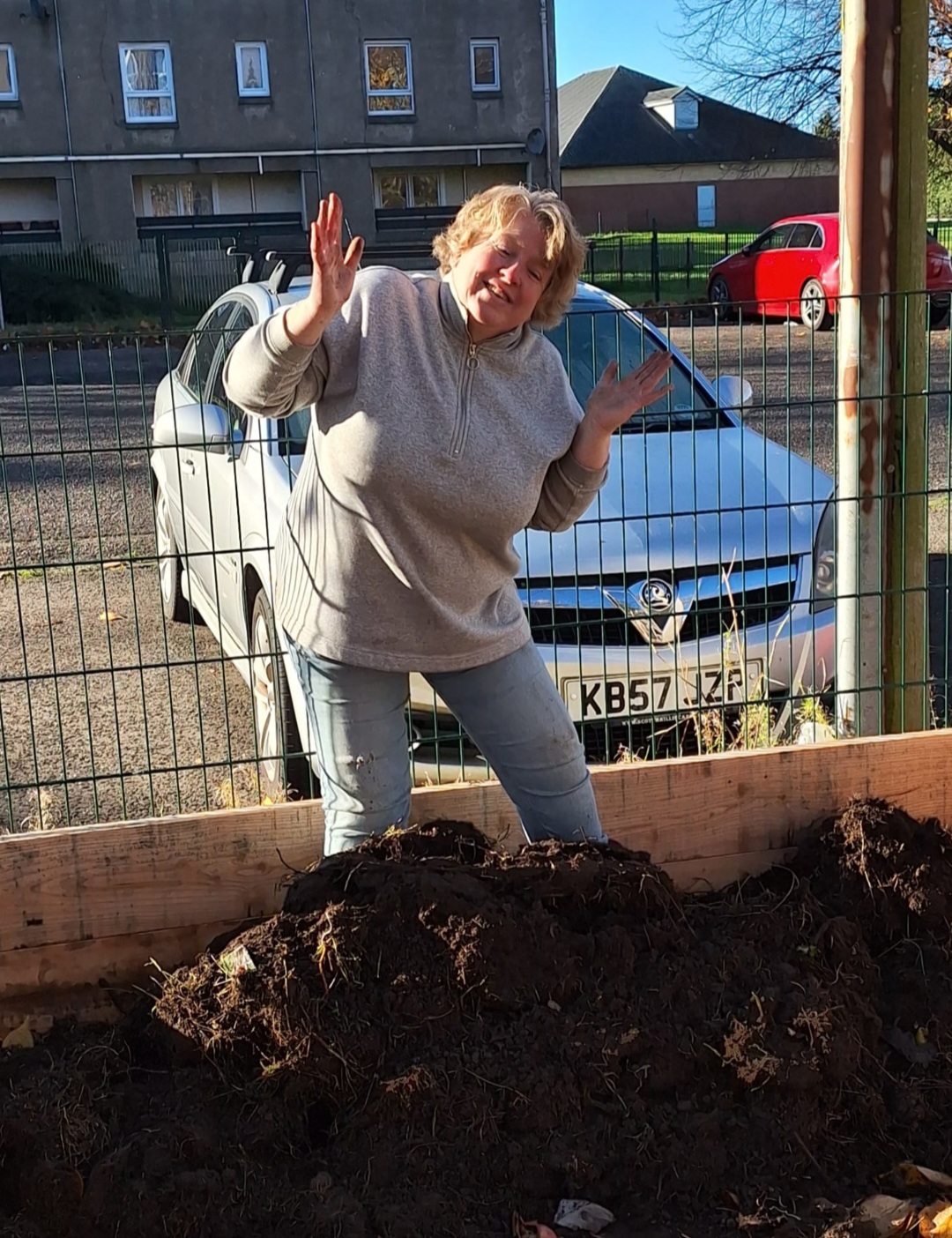
Oxgangs Community Gardeners have shown so much dedication and passion to improving their area through greenspaces, and we’re delighted to see how much they are enjoying and gaining from the process – we cannot wait to see how the Bowling Green project develops over the next few years, and to what comes next!
You may also be interested in…
Looking To Get Growing? Check Out Oxgangs Seed Library!
A New Research Project Is Underway: New Scots and Community Gardens
Community Growing Spotlight: Oxgangs Community Gardeners
Oxgangs Community Gardeners, a group of dedicated, green-fingered residents who are working to transform their area one greenspace at a time for the benefit of the entire community. They have community-spirit in spades – literally! Read on to learn more about the work they’ve been doing over the last two years to make a positive change in their area, and hear first hand from participants Denise, Alison, and Sharon about what the group means to them.
Denise: I got a flyer from Edible Estates looking for community growers to start a group. I went along and got started from there – it’s been amazing to see stuff growing in Oxgangs and meet people I’ve never met before. It’s good for my mental and physical health, from digging and getting on my knees, to socialising and being part of a community. It’s encouraged me to develop my own garden too, which didn’t have much wildlife before. It’s home to a wee hedgehog now and I’m interested in the biodiversity and how to attract insects. People are interested and do stop by to ask what I’m planting; it’s a great conversation starter.

The Chip Inn
From overgrown grassy area to thriving micro-garden! As one of the first spots you see as you enter Oxgangs, The Chip Inn was a spot that locals would hang around in the past, but had become unloved and full of rubbish over the years. With support from Community Gardener Stuart, and funding from Coop Scotmid for plants, the group cleared the space before planting it up with different grasses, plants, and flowers such as lavender and carnations. Their hard work has gotten a lot of positive feedback from other residents, with folks often stopping by to comment on how great it looks – they even got given a chocolate bar as thanks from one local! It’s also inspired other people to take pride in and ownership of the space even if they aren’t part of the gardening group, with one man litter picking if rubbish starts to pile up outside of growing sessions.
Denise: I like it when people walk past and say they used to sit there as a teenager and they notice what we’re doing.
They’re hoping to get benches installed, and are in discussion with Coop Scotmid, who own the space, to explore how the community can make use of it.




Charity Sunflowers
Sharon had the wonderful idea to grow and sell sunflowers in her greenhouse, with proceeds going to local charity Family of Lost Friends. Their team effort in growing some spectacular flowers raised an amazing total of £137.25 this year – brightening people’s day and giving back to their local community.
Alison: I’ve always been interested in gardening but wasn’t massively knowledgeable, I also saw the flyers that Denise mentioned and signed up but never made it to meeting, but later saw a photo of the group that included three people I knew from different times in my life, which inspired me to go along to the garden at No. 3. My husband and I have an allotment too, which was a jungle before I got involved with the group, but now since gardening and tidying the local area, I’ve gotten better at using that space too – we’re growing runner beans and courgettes.
Wildflower Walks
We’ve all heard the saying ‘stop and smell a rose,’ but what about ‘stop and admire the wildflowers?’ It’s no secret that being more mindful of the natural world around us is great for our mental health, yet a lot of us struggle to do it as we zip around in our busy day-to-day lives. Well, the group recently dedicated a Friday evening to doing just that, by paying attention to the world of plants on their concrete streets.
Heather, a participant with a background in botanicas, suggested wandering along Oxgangs Drive to spot wildflowers could be a nice activity to end the week. Using spyglasses, the group explored the diversity of plants that often go unnoticed – many of which most of us would consider weeds – as Heather shared her knowledge. She later put together a guide to the wildflowers on Oxgangs Drive to share with the group. A lovely example of how different knowledge and backgrounds can be shared in community growing groups.
Denise: Learning about the wildflowers growing up through the pavement, and seeing bees clustered around them, made me view the plants we’d normally walk by differently – there’s a whole world of fascinating plant diversity on our concrete streets.
Learning something new and exploring the local area with fresh eyes in a grounding activity like this sounds like the perfect way to enjoy a stroll outdoors while enjoying one another’s company!

Seed Library
Denise took some creative, community-inspired initiative to line, paint, and upcycle an old chest of drawers into a beautiful Seed Library for the local community – and it’s gone down a treat, with local folks picking up a seed packet or two to get growing themselves!
Donations to the seed library are welcome – If you have any spare, unused, or unwanted seed packets, please pop them in for others to pick up! You can find the library at the Oxgangs Neighbourhood Centre.


Forging Friendships
One of the nicest things to see is how the group have forged friendships and become a tight-knit community that extends outside of their growing activities. They meet each Saturday at The Hub to enjoy some delicious food made by the group’s budding chef Sharon and have a good chat. Even the colder months with fewer gardening jobs don’t deter them from keeping in touch and meeting up. Last winter they had a weekly craft group at the Hub to crochet, paint, and enjoy some homemade food together.
The group are pros at sharing excess produce among themselves too, from rosemary and bay leaves to strawberry plants and cooking apples, and work to reuse, upcycle, and share any tools and materials that would otherwise go to landfill. They also banded together and showed real community resilience when a couple of rough storms destroyed Sharon’s greenhouse last year, working to help her fix it up and get back in working order. Sharon noted she could not have done it herself, and that the support inspired her to start growing lots more in her greenhouse.
Rhiannon: I became involved when Lesley, who I knew through dog-walking, asked if I wanted to help in her garden. I do have a garden but I was not very knowledgeable, however through the group I’ve started growing vegetables for the first time – carrots, courgettes, and potatoes. I’ve also taken over my shared garden space to tidy up, my neighbours have all been happy for me to do.
Looking to the Future – The Bowling Green
Excitingly, the group have acquired permission from Edinburgh Council to take over the unused and derelict Bowling Green at Colinton Mains Park and turn it into a long-term, biodiverse community garden that will connect different community groups, serve as a space for educational opportunities, and be a vibrant asset to the local area that produces and shares produce. To get started, they plan to build a pop-up community garden for local people to enjoy as they work towards establishing the permanent space.
What are your hopes for the Bowling Green community garden project?
Sharon: Creating a community space for all that’s inclusive rather than exclusive.
Denise: When you plant a seed and you get that first green shoot it’s like magic, so being involved in creating a community garden is exciting. I am going to enjoy the process of building a garden from scratch and learning new skills.
Alison: Looking forward to having a community space so that more people in the community can get involved and benefit from growing and gardening. Hopefully having a lovely shed too.
In June, they visited and had a fantastic morning in the Greenway Garden to get some inspiration – they had some serious tool shed envy, spied a corner bench they’d love to build in their own garden, and left with lots of ideas and an itch to get started in their own space. Later in the month they had a Bowling Green Design Workshop to brainstorm their ideas with Community Development Officer Eleanor and Founding Director Greig. They’re also already exploring how they can establish links between this community garden and other services and groups in the community such as a local primary school and care home.
To further this project, Oxgangs Community Gardeners would welcome your votes in ECANN’s Greenlight Funding 2025-6. You can find them in Category B (B6), alongside our friends over at Calders Green Shoots Community Garden. You need to be an ECCAN member to vote, which is free to do. It’s very inspiring to read all the proposed projects, and you may even find a new group or project you’d like to get involved with. Voting is open until the 29th of August at 5pm – so you have just under a week to get your votes in!

Oxgangs Community Gardeners have shown so much dedication and passion to improving their area through greenspaces, and we’re delighted to see how much they are enjoying and gaining from the process – we cannot wait to see how the Bowling Green project develops over the next few years, and to what comes next!
You may also be interested in…
Looking To Get Growing? Check Out Oxgangs Seed Library!
A New Research Project Is Underway: New Scots and Community Gardens
